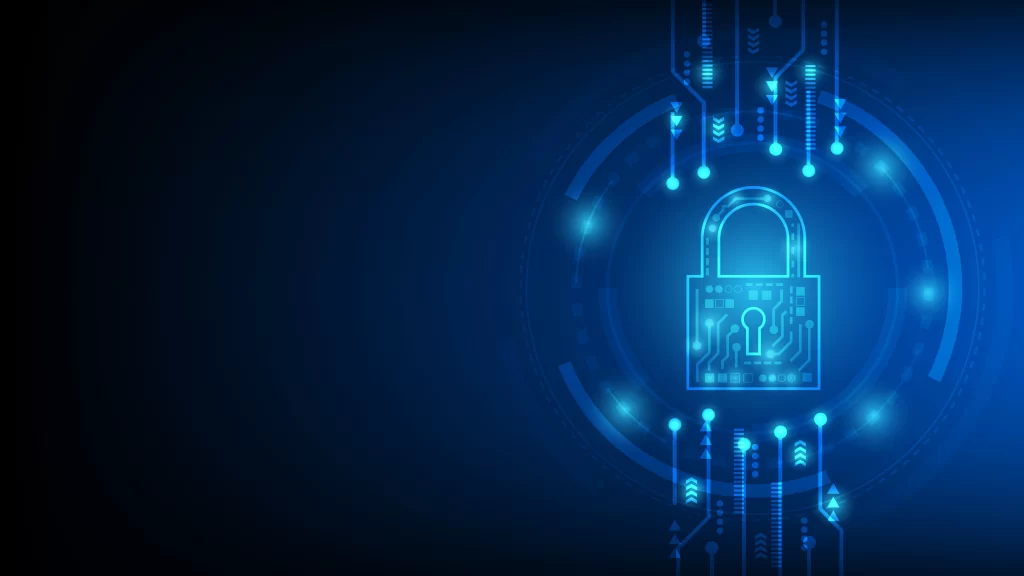In the world of digital crime, computer forensics serves as the key to collecting and analyzing evidence from the virtual crime scene. As technology becomes deeply integrated into our lives, criminals have adapted their methods, leaving behind digital footprints that can be uncovered and examined by skilled computer forensic experts. Similar to traditional crime scenes, digital crime scenes require meticulous investigation to collect, preserve, and analyze electronic evidence that can hold the key to solving crimes and bringing perpetrators to justice. When a digital crime occurs, computer forensic experts step into action to secure and preserve the digital evidence. They employ specialized tools and techniques to create forensic copies of electronic devices, ensuring the integrity of the original data and maintaining the chain of custody. These forensic copies serve as the foundation for the investigation, allowing experts to delve into the digital landscape without altering or compromising the evidence. By applying strict protocols and following established procedures, computer forensic experts safeguard the evidentiary value of digital artifacts, ensuring their admissibility in legal proceedings.

Once the evidence is collected and preserved, computer forensic experts embark on the analysis phase. This involves a comprehensive examination of the digital artifacts, such as files, emails, chat logs, browsing history, and system logs. Forensic tools and techniques are employed to extract and interpret this data, uncovering hidden information, patterns, and connections. Through advanced data analysis methods, such as keyword searches, file carving, and timeline reconstruction, computer forensic experts reconstruct the events that occurred, identify the individuals involved, and unravel the motives behind the digital crime. This meticulous analysis provides critical insights into the crime, supporting the investigation and aiding in the identification and prosecution of the culprits. In addition to traditional crime scenes, computer forensics is also crucial in addressing cybercrime and cybersecurity incidents. In cases of hacking, data breaches, or malware attacks, forensic experts analyze network traffic, server logs, and malware samples to identify the entry point, trace the attacker’s activities, and understand the methods employed.
By dissecting the tactics, techniques, and procedures of the cybercriminals, computer forensic experts can assist in strengthening defenses, closing vulnerabilities, and preventing future attacks view https://ahigler.com/. Their findings also contribute to the wider cybersecurity community, enabling the development of proactive measures and threat intelligence to combat evolving digital threats. It is essential to note that computer forensic investigations must be conducted within legal and ethical boundaries. Privacy rights, data protection laws, and search and seizure regulations must be respected throughout the process. Computer forensic experts must obtain proper authorization, adhere to legal procedures, and maintain confidentiality to ensure the integrity and admissibility of the evidence. Ethical considerations play a significant role in balancing the pursuit of justice with protecting individuals’ rights and privacy.